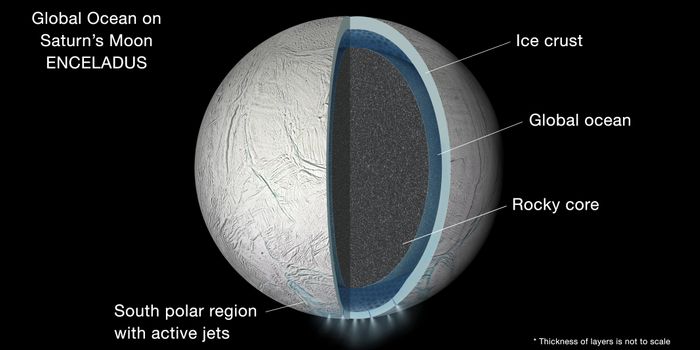New Hydrogel Designed to Prevent Post-surgical Heart Tissue Adhesions
Nearly 20% of cardiac surgery patients will require another operation at some point in the future. This is especially true for younger patients who may need multiple surgeries over several years as their hearts grow. A common problem surgeons face when performing repeat operations, however, is the formation of adhesions. Currently, there is no approved drug or device designed to help prevent post-heart surgery adhesions.
According to research conducted by a team at the University of San Diego California and published in Nature Communications, a new hydrogel may be a potential solution. The team found that the hydrogel successfully formed protective barriers around mouse and pig hearts and prevented adhesions, suggesting promising applications for humans.
Adhesions occur when organs stick to nearby tissue and commonly happen after any surgery. They can cause a number of complications, depending on where they occur. In heart surgery patients, adhesions can affect regular heart function and even complicate a repeat procedure, potentially preventing surgeons from performing the procedure altogether.
Researchers believe the hydrogel they have developed may offer a potential solution, one that creates a barrier to prevent adhesion between heart tissue and surrounding tissue.
The gel is a combination of a water-soluble polymer combined with a chemical called catechol. When catechol is combined with the gel itself, researchers hope it will help the gel latch to specific muscles while still retaining the gel’s ability to dissolve on its own in up to 6 weeks, usually about how long it would take for adhesions to form. In other words, it is firm enough to provide protection while flexible enough to not interfere with the body’s normal function.
"This product will have a significant impact on the lives of many patients who potentially require repeat operations, either on the heart or anywhere else in the body," said Dr. Michael M. Madani, chair of the Division of Cardiovascular and Thoracic Surgery at UC San Diego Health and one of the study’s authors.
Source: Science Daily








